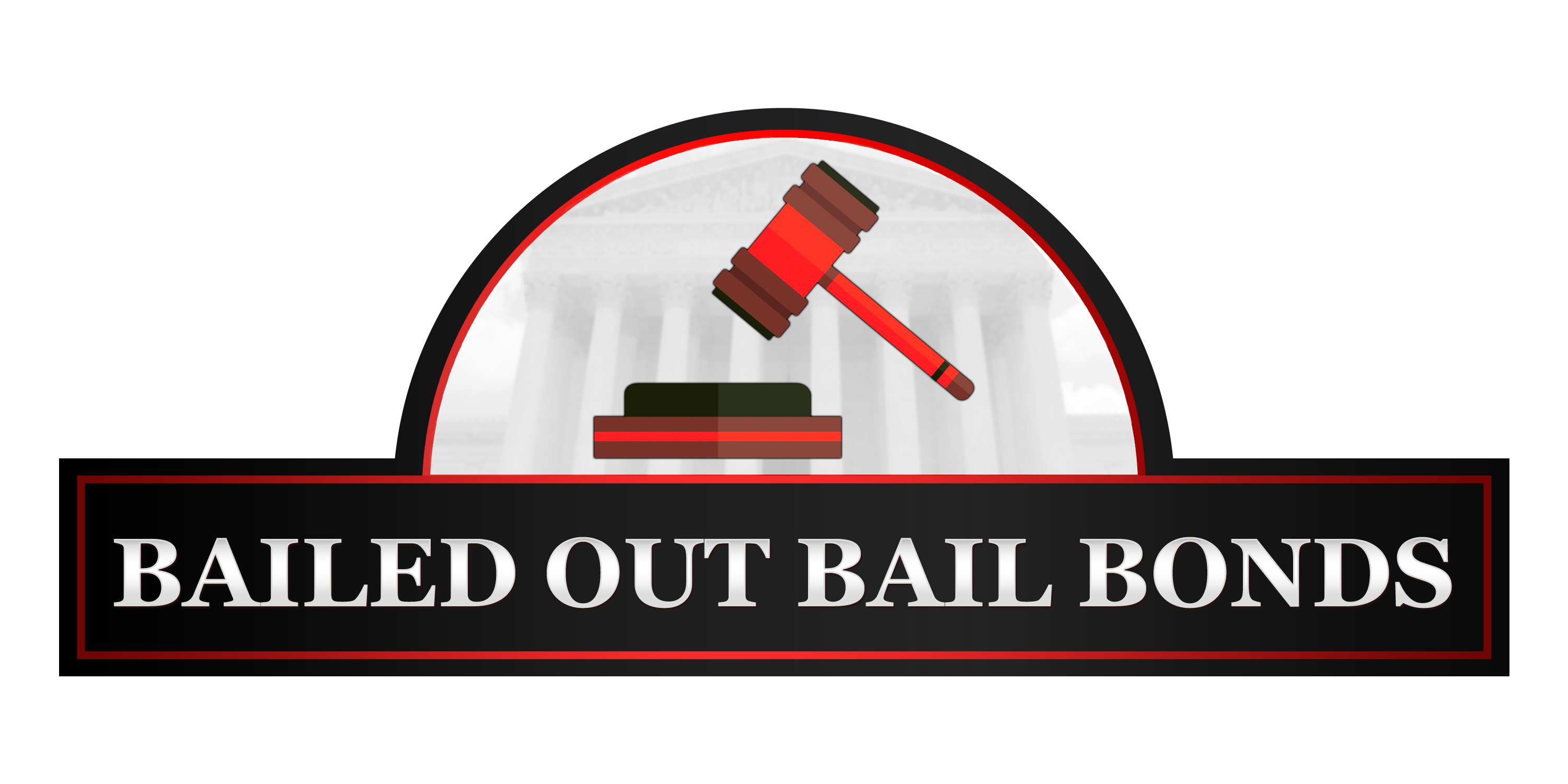There is only one thing that goes in the mind of a person after getting arrested – how to get out? Here, one needs to underst& the process that follows after.
Basics
When someone is charged with a crime & gets arrested, it usually takes months or sometimes even longer before the case goes to trial. Not every arrested person has to sit in the jail until the time of trial. In most of the cases, there is a process which permits the person to get free from jail in lieu of deposit, called bail. And this is where local bail bondsman in Gainesville Fl comes as a rescuer. If the accused presents before the court for all the court hearings, bail is refunded to him/her when the case is over, even if the accused is found guilty. In case, s/he misses a trial, the bail is forfeited by the court.
How much one has to pay for the bail?
Bail is usually a fixed amount that often kept large enough to ensure the return of the accused to the court. This amount also varies depending on the judge & the place of the trial. It depends on several factors like:
- Seriousness of the crime
- Criminal record of the accused
- Chances of fleeing away of accused
- Financial resources of the arrested person
What are the conditions where one doesn’t get bail?
There are several rules about bail formed by lawmaker & courts over years that – what should be the amount, who should get it.
Usually, a person can be denied bail if:
- The judge considers s/he is a danger to the community.
- The accused person is charged with a violent crime.
- There is probability s/he may flee to avoid trail.
- The arrested person is charged with a crime that is punishable by death or life in prison.
- S/he is charged with drug related crimes.
- There are enough reasons to believe that accused may attempt to destroy evidence or hinder justice.
Bail Bondsman
Many people can’t afford bail as they don’t have large sums of money. In such cases, people often take help from a local bail bondsman in Gainesville Fl. A bail bond is usually a contract between three parties – the court, the accused & the bail bondsman.
With a bail bond, the defendant pays 10% of the bail, & the bondsman pays the rest amount to the court. To make sure that the accused didn’t flee away, bondman makes a separate contract with any indemnity – any friend or family member of accused who promises to pay the bond if the accused fail to do so. In return for posting bond, the bail bondsman charges a fee that usually remains 10% of the amount of bail.
Conclusion – Here is all you should know about posting a bail & a bail bondsman.

Recent Comments